The Independent's journalism is supported by our readers. When you purchase through links on our site, we may earn commission.
Meet the man who traced his family history and found his enslaved ancestors
'Before, slavery was an abstract thought. But seeing everything made it all so real and I could finally connect to it all so powerfully and emotionally'
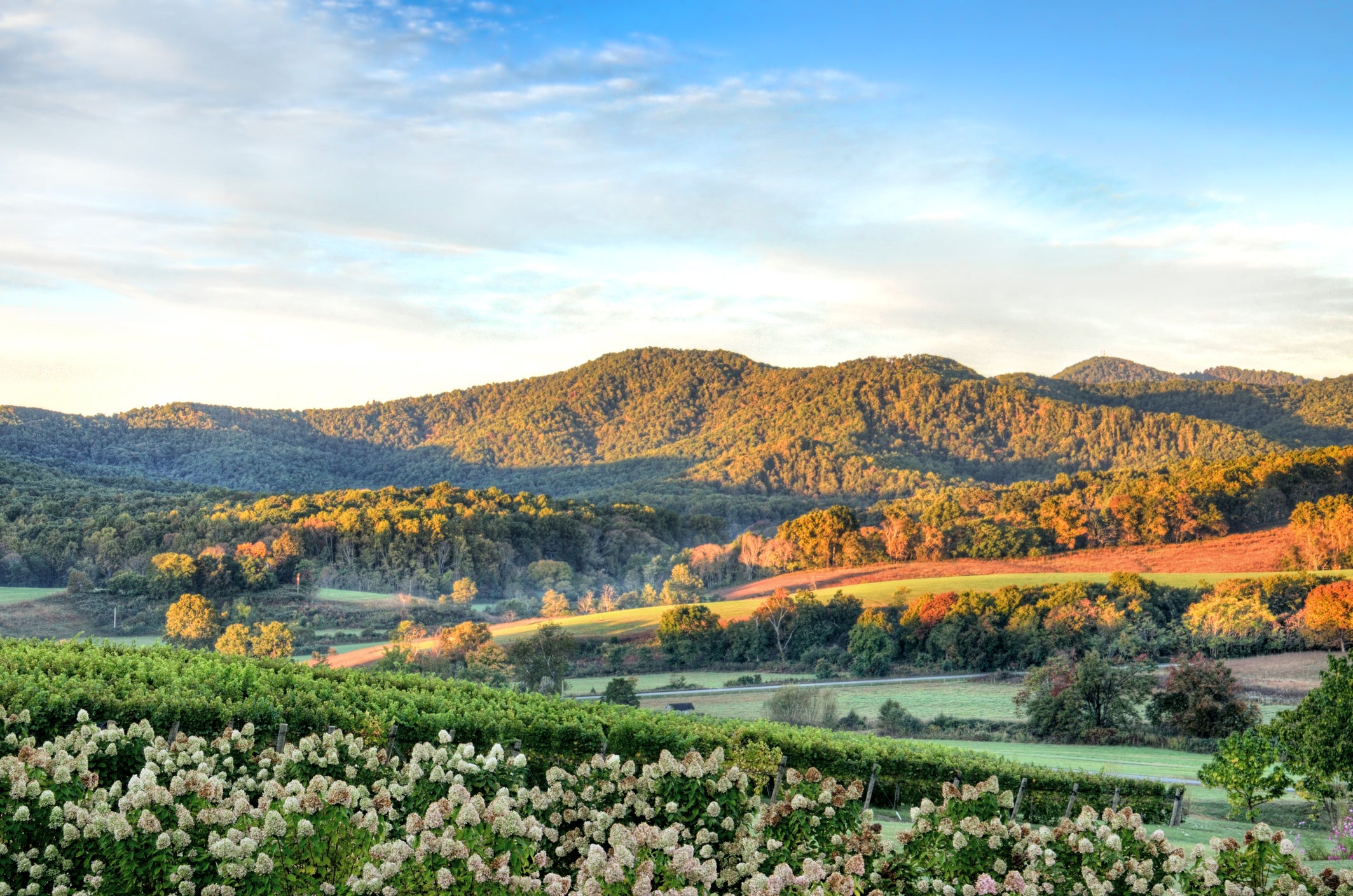
Your support helps us to tell the story
From reproductive rights to climate change to Big Tech, The Independent is on the ground when the story is developing. Whether it's investigating the financials of Elon Musk's pro-Trump PAC or producing our latest documentary, 'The A Word', which shines a light on the American women fighting for reproductive rights, we know how important it is to parse out the facts from the messaging.
At such a critical moment in US history, we need reporters on the ground. Your donation allows us to keep sending journalists to speak to both sides of the story.
The Independent is trusted by Americans across the entire political spectrum. And unlike many other quality news outlets, we choose not to lock Americans out of our reporting and analysis with paywalls. We believe quality journalism should be available to everyone, paid for by those who can afford it.
Your support makes all the difference.When Jason Atwater visited the Virginia plantation where his ancestors had been enslaved, he could never have imagined quite how moved he’d be.
“It’s definitely affected me, the 47-year-old says.
Atwater grew up in Pennsylvania but wanted to trace his roots and find out more about what made up his DNA.
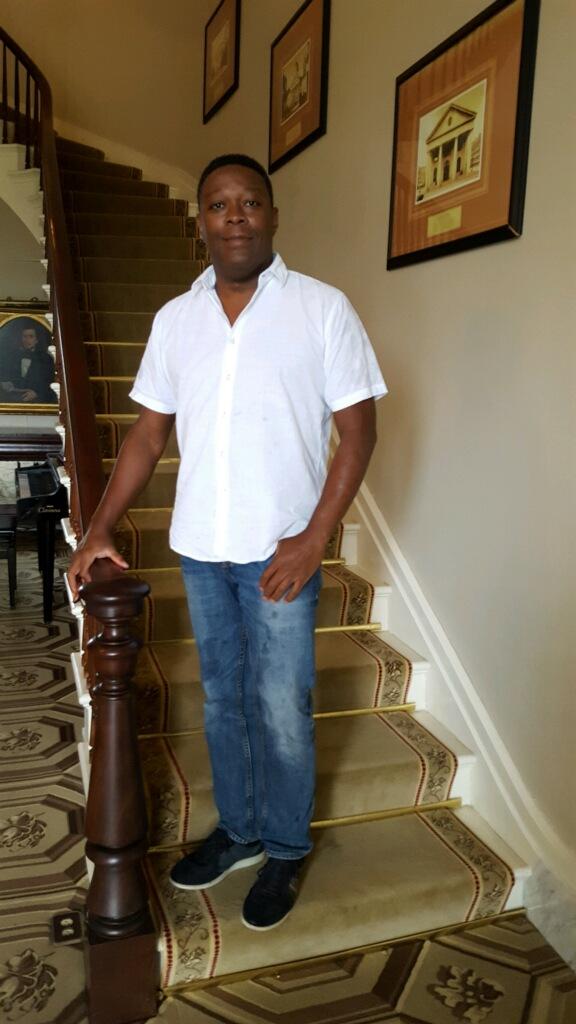
“Like many people I wanted to find out more about where my family came from,” he told The Independent. “I didn’t have a lot of information about our longer histories - I knew about my grandparents and things like that but not much past that.”
Atwater grew up in Pennsylvania but didn’t know where his family had come from further back than few generations, so he decided to join Ancestry.com and take a DNA test.
His end goal was to try and locate one of his enslaved ancestors and find their names, which was no mean feat because their names didn’t show up in reports. “It was a challenge to find names,” he says. “But I do like a challenge.”
Atwater did lots of research but got stuck in 1870 - this was when, after the civil war, black people were listed by name in US census reports for the first time. Before, they were listed as property.
“About a year ago I got a notification from Ancestry that new information on my DNA was available - it was a family tree from a distant relative, some cousin of mine that I don’t know,” Atwater says.
“But they had the name of that ancestor - Matt Duncan was his name - and it also had his parents, which I had never seen before. I had a suspicion Matt was a slave, but I couldn’t find any documentation to prove that.”
Atwater then found a document from a plantation in Virginia called the Berry Hill plantation. There was a list of names including his two times great grandfather Matt, and his parents Darby and Lucy. “It was a very exciting moment because it was definite proof that my ancestors were slaves on this plantation,” Atwater says. “I was so excited!”
It turned out Darby was the first chef for Berry Hill, and at the time, the owner of the plantation was the third richest man in the country.
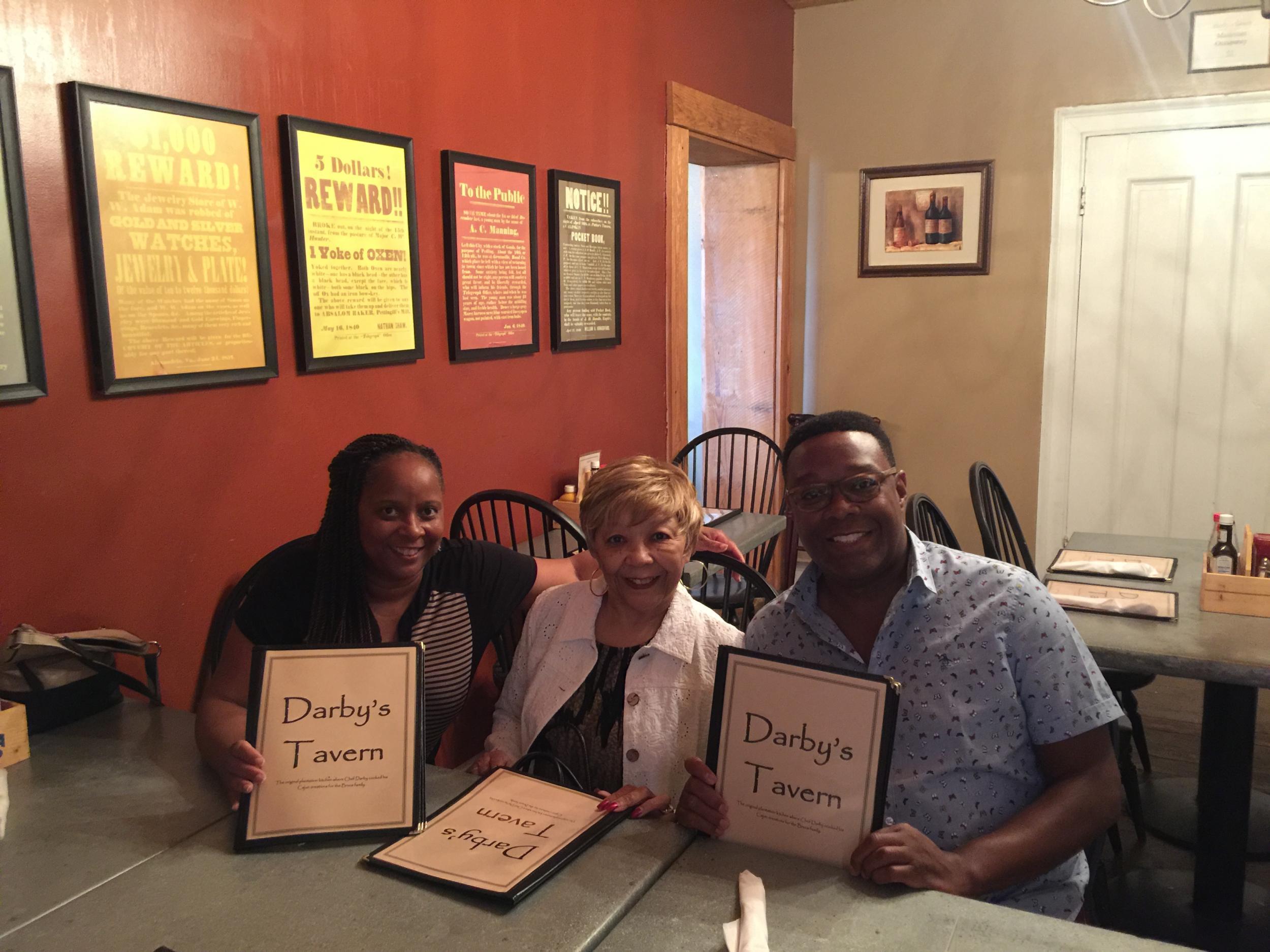
So Atwater, his mother and sister decided to make the trip to see where their ancestors had lived.
By this point in time, Jason was an employee of Ancestry, and Ancestry sponsored his trip to help him find his roots.
The building on the plantation - a large, imposing one with huge columns - had been preserved exactly as it was in the 1800s.
“When we arrived at the plantation, there was a long driveway,” Atwater says. “When we got out of the car and looked at the building, I had chills all over my body.
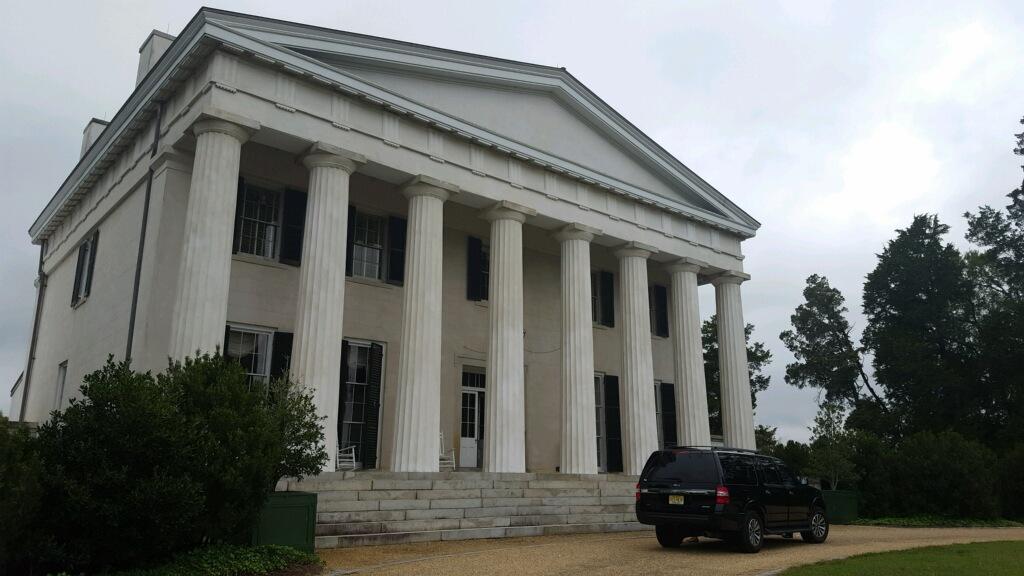
“Being there, there were waves of emotion. I was excited to be there but just feeling the gravity of where I was and knowing that this was where my ancestors were enslaved... Seeing this place and seeing how imposing it was, all three of us simultaneously burst into tears.
“I wasn’t sure how I or my mother would react - there’s a lot of emotion when it comes to slavery and the thought of it is very painful for lots of African Americans. But I wanted to connect with my family’s history.”
Being able to touch the pot that Darby, who shares Atwater’s DNA, had used to cook in and walk on the same ground, Atwater was overcome with emotion.
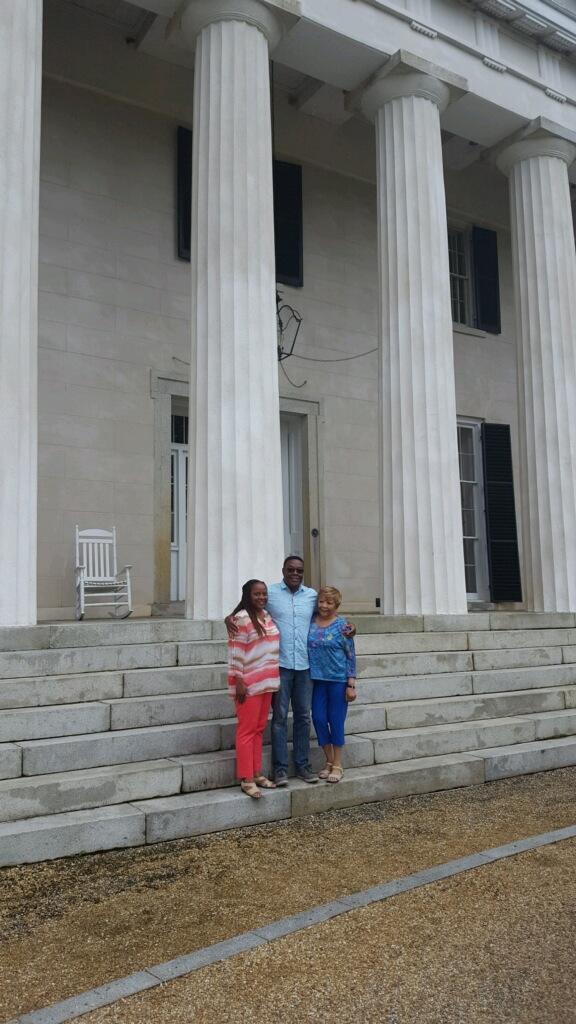
“But there was also pride that I was able to do all this research using Ancestry.com’s tools,” he says. “It was just an idea in my head four or five years ago and because of the tools on Ancestry.com, I was able to find and connect with my ancestors. It’s so powerful and it changed my life to be there.
“It’s definitely affected me. Before, slavery was an abstract thought. But seeing everything made it all so real and I could finally connect to it all so powerfully and emotionally. That’s what changed my life.
“To know my ancestors survived that and if they hadn’t, I wouldn’t be there… It’s made me so much more grateful to them, and that was one of the things I really wanted to do when I went there, just to say thank you.”
Where in the world will your DNA take you? Click here to buy AncestryDNA
Join our commenting forum
Join thought-provoking conversations, follow other Independent readers and see their replies
Comments